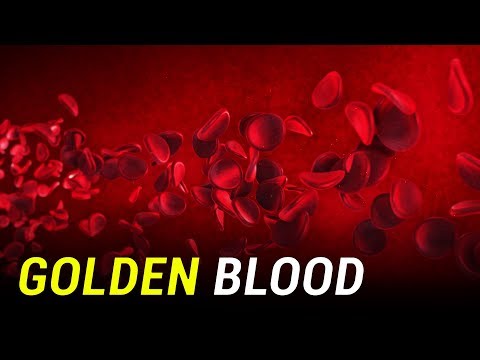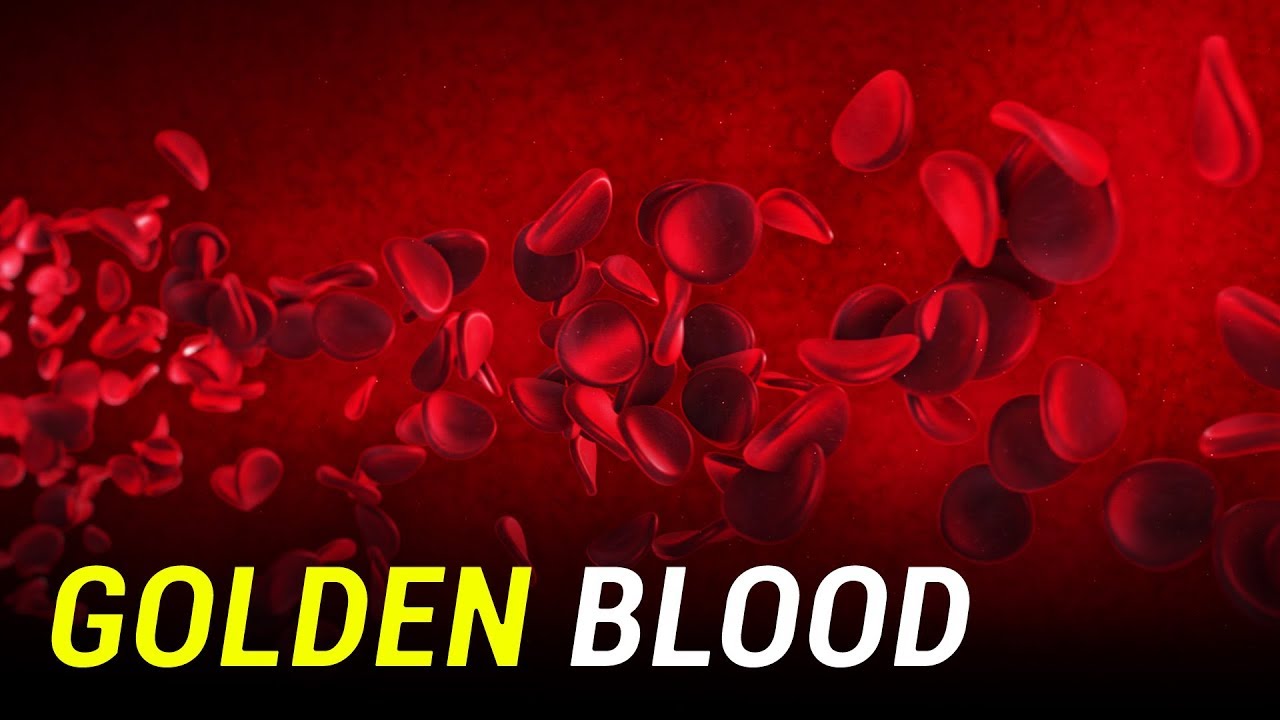Rare Blood Types: Have you ever wondered about the existence of blood types that are truly one-of-a-kind? Well, prepare to be intrigued! Within the vast world of blood types, there are a select few that are exceptionally rare and captivating. These unique blood types possess extraordinary qualities that make them stand out from the crowd, piquing the interest of medical professionals and curious individuals alike. Unveiling the secret behind these rare blood types is like discovering a hidden treasure, as they open up a whole new realm of medical possibilities and scientific wonders. Unearthed from a mere fraction of the global population, these blood types possess distinct genetic markers that set them apart from the rest. The scarcity of these blood types brings a sense of mystery and fascination, prompting scientists to delve deeper into understanding their significance and potential impact on human health. Each discovery of a rare blood type adds a piece to the intricate puzzle of our biological makeup, providing valuable insights into our ancestry and evolution. So, if you find yourself captivated by the enigmatic world of blood types, these rare blood types are sure to ignite your curiosity and leave you in awe of the wonders that lie within the human body.

Rare Blood Types
| Blood Type | Percentage of Population | Rhesus Factor | Interesting Fact |
|---|---|---|---|
| AB- | 1% | Negative | AB- is considered the rarest blood type, found in only 1% of the population worldwide. |
| B- | 2% | Negative | B- individuals can donate to AB-, B-, AB+, and B+ individuals, making their blood type highly valuable in certain situations. |
| A- | 6% | Negative | A- individuals can donate to A-, AB-, A+, and AB+ individuals, making their blood type crucial in maintaining a stable blood supply. |
| O- | 7% | Negative | O- is often referred to as the “universal donor” as it can be transfused to individuals with any blood type, making it highly sought after in emergency situations. |
Having a rare blood type can pose challenges in finding compatible blood donors during medical emergencies or surgeries. It is essential for individuals with rare blood types to be listed in blood registries to ensure a timely and appropriate blood supply when needed.
Furthermore, the scarcity of rare blood types highlights the importance of regular blood donations from individuals with more common blood types. By donating blood, you can potentially save lives and support those with rare blood types in critical situations.
“The Unprecedented Enigma: Unveiling the World’s Rarest Blood Type – #GoldenBlood”
What is a Rare Blood Type?
Rare blood type refers to a blood type that is uncommon in the general population. While there are eight main blood types, A, B, AB, and O, with positive or negative Rh factors, certain combinations of these antigens and antibodies are considered rare. These rare blood types can pose challenges in medical situations such as blood transfusions or organ transplants.
1. Rh Null – The Holy Grail of Blood Types
Rh Null, also known as the Golden Blood, is considered the rarest blood type in the world. Individuals with this blood type lack all Rh antigens, making their blood incompatible with any other type. It is estimated that only around 40 people worldwide have Rh Null blood, which makes it extremely challenging to find compatible blood for transfusions. Moreover, Rh Null individuals can only receive Rh Null blood, putting them at a significant disadvantage in emergency situations.
2. Bombay Blood Group – A Hidden Rarity
Bombay blood group, discovered in Bombay (now Mumbai), India, is another exceptionally rare blood type. Individuals with this blood type lack the H antigen, which is necessary for the production of A, B, and AB antigens. Due to this absence, their blood cannot be classified into the conventional ABO blood group system. It is estimated that the frequency of the Bombay blood group is about 1 in 250,000 individuals in the general population.
3. Rh Negative – The Uncommon Rh Factor
Rh negative is not as rare as Rh Null or the Bombay blood group, but it is still relatively uncommon. While the majority of people have the Rh factor, which means they are Rh positive, only about 15% of the global population is Rh negative. The Rh factor is crucial in pregnancy, as an Rh negative mother carrying an Rh positive fetus can cause complications. Rh negative blood is in high demand for transfusions, especially for individuals with rare blood types.
4. AB Negative – The Rarest ABO Blood Type
AB negative is the rarest blood type within the ABO blood group system. It is estimated that less than 1% of the global population has AB negative blood. AB negative individuals can receive blood from any ABO blood type but are considered universal plasma donors since their plasma can be transfused to individuals of any blood type. However, finding compatible blood for AB negative individuals can be challenging, particularly in emergency situations.
5. The Importance of Rare Blood Type Donors
Rare blood type donors play a crucial role in ensuring adequate blood supply for individuals with rare blood types. Since these blood types are scarce, finding compatible donors can be an arduous task. Therefore, individuals with rare blood types are encouraged to donate blood regularly to help build a repository of compatible blood for future transfusions. Additionally, raising awareness about rare blood types can help identify potential donors and facilitate the matching process.
In conclusion, rare blood types such as Rh Null, the Bombay blood group, Rh negative, and AB negative can pose significant challenges in medical situations. Individuals with these blood types face difficulties in finding compatible blood for transfusions, and the scarcity of compatible donors can exacerbate the problem. By understanding the uniqueness and rarity of these blood types, we can promote awareness, encourage regular blood donations, and ultimately ensure a sufficient supply of compatible blood for those in need.

